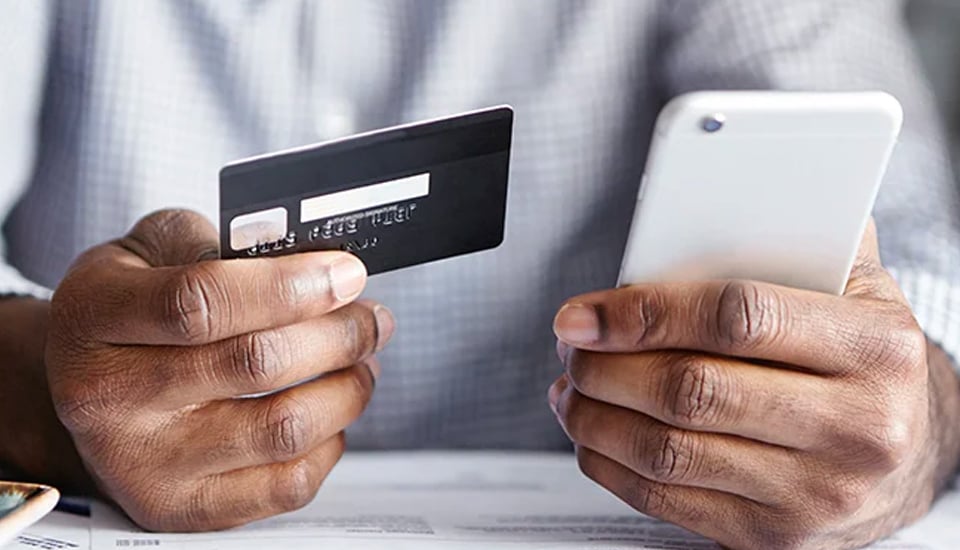Deceptive Credit Card Debt Might Not Be Your Fault

Big credit card corporations spend an enormous amount of time and energy marketing their products in ways that seem cost-effective to consumers. Offers such as promotional discounts, rewards, zero-interest balance transfers, and even cash-back appear to be an excellent way to gain a benefit. But too often, everyday people get tripped up and have a monthly balance you can’t quite pay off. It’s important for consumers to be wary of rising credit card debt that may result from your excitement about taking advantage of perks.
Credit Card Debt Because of Promotions
Credit card companies roll out promotions having already done the math on profitability. The abundance of rewards and even cash-back programs often get consumers focused on the benefits. But what happens is that you start to outspend your means.
If you are not careful about spending to gain frequent flyer miles, gas points, and other promotional perks, credit card debt may exceed what you can pay off at the end of the month. Once you enjoy the positive feeling from the rewards, it’s likely that your balances will swell and monthly interest costs with it. It’s essential to avoid getting caught up in exciting promotions.
Credit Card Debt Because of Introductory Rates
The low introductory rates may seem like a solution to your interest problems. But the issue that trips up otherwise savvy cardholders is that introductory rates usually run 6-12 months at zero interest on certain items. In many cases, those are only balance transfers.
Taking these zero-percent introductory rates may be a good idea if you want to lower your current interest on the credit card but the decision has to be made responsibly. The big problem is that too many people who go down this path don’t pay off the balance before the promotion runs out. And, it’s not uncommon to be worse off financially after the fact.
Credit Card Debt Because of Adjustable Rate Cards
When hard-working people encounter an adjustable-rate credit card, it’s imperative that you understand when and how much the rate could creep up. These products can be useful while rates are low. But as they suddenly ramp up, you could be surprised by unexpected credit card debt. These types of cards can be risky, and unless you have genuinely savvy accountings skills, fixed-rate products might be financially safer.
Credit Card Fees Contribute to Overall Debt
There are plenty of ways that cardholders get blindsided by escalating interest payments on swelling balances. But hidden fees can also be incredibly troublesome. It seems like just when you come up with a plan to start paying down that balance, the fees cause it to tick back up. These rank among the most frustrating.
- Late Payment Fees
- Balance Transfer Fees
- Annual Fees
- Foreign Transactions Fees
- Cash Advance Fees
About 42 percent of American households carry monthly credit card debt. That means nearly half the country exceeds its monthly means to pay off debt and end up paying interest and fees. There simply has to be a viable solution to get free of burdensome credit card debt.
How to Pay Off Credit Card Debt
If you are struggling with credit card debt despite your best efforts to pay down balances and avoid wasting your hard-earned money on interest and fees, it’s time to try a different approach. That’s why you may want to consider securing a fixed-rate home equity loan that dissolves all of your balances in one fell swoop. Making this type of strong financial move eliminates the interest on multiple credit cards and consolidates it into a single manageable monthly installment. There won’t be any surprise interest rate hikes or hidden fees. Just remember to close out those risky cards and only keep ones that fit your emergency needs.
